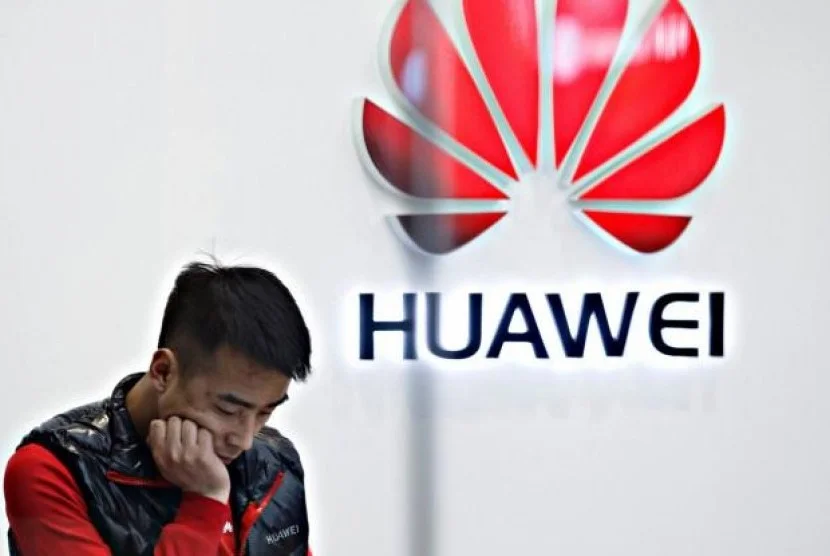Huawei has unveiled its Leadership, Employability, Advancement and Possibilities (LEAP) programme, aiming to equip more than 100,000 people across sub-Saharan Africa with digital skills within three years.
The programme seeks to:
- Foster strong digital leadership
- Build a skilled ICT workforce
- Promote digital literacy among citizens
Activities under LEAP include ICT training and certification courses, government digital capacity-building, and ICT skills competitions.
Training and Infrastructure Investment
Huawei says the initiative will involve more than 1,200 instructors delivering 3,000 ICT courses, supported by new training facilities such as:
- Innovation hubs
- Mirror labs
- Hardware installation bases
- ICT academies
The company already runs ICT academies in over 300 universities and colleges across the region.
Huawei’s Commitment to Talent Development
“Huawei strives to cultivate more youth leaders in ICT who can create opportunities for themselves, their communities, and their nations,” said Leo Chen, Huawei Southern Africa president.
Over the past two decades, Huawei has trained 80,000 people in ICT across Africa, boosting employability and helping to bridge the gender gap in the tech sector.
Governments Welcome the Initiative
African leaders have praised the LEAP programme’s role in bridging the digital skills gap:
- Khumbudzo Ntshavheni, South Africa’s Communications Minister, stressed the need to intentionally build digital economies rather than relying on crises like Covid-19 to accelerate adoption.
- Prof. Eliamani Sadoyeka, Tanzania’s Education Ministry Permanent Secretary, highlighted ICT’s role in giving equal access to knowledge.
- Dr John Chrysestom Muyingo, Uganda’s State Minister for Higher Education, welcomed the partnership, noting Huawei’s past initiatives such as Seeds for the Future and ICT competitions.
Huawei ICT Competition Impact
The Huawei ICT Competition remains a key part of the company’s talent development strategy. In the last five years:
- 80,000 African university students registered for the contest
- Over 20 teams reached the global finals
- In 2021/22, 15,000 students from 200+ institutions participated, with Nigerian and Kenyan teams winning top prizes
A Growing Demand for Digital Skills
According to a World Bank study, more than 230 million jobs in sub-Saharan Africa will require digital skills by 2030. Programmes like LEAP are therefore crucial in preparing Africa’s workforce for the future.






